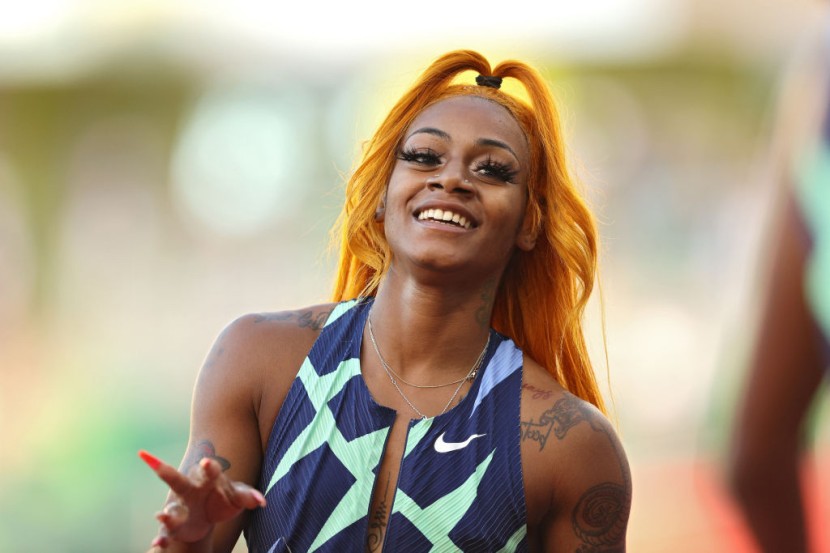
There are more than 10,500 competing athletes this year at the Paris Olympics, making it the largest official event ever planned in France. And that's not the only record that's been made or broken.
This year's Olympics also boasts a record number of openly LGBTQIA+ athletes, with 191 competitors publicly out. The count of those participating in the Games includes competitors who are openly lesbian, gay, bisexual, transgender, queer and nonbinary. And out of the nearly 200 LGBTQIA+ Olympians, the majority are women.
"This is actually the gayest Games that we've had in terms of representation," Gay Times CEO Tag Warner told Sky News.
This new number of openly queer athletes at the Olympics beat the previous Tokyo Olympics record of 186.
"It wasn't the norm for athletes in really any sports to be out back then," Six-time Olympian and first openly gay athlete, Robert Dover, told Cronkite News. "Just like it is now in a lot of team sports, people are afraid of losing their sponsorships, their clientele. There are just too many reasons not to come out."
With such a high attendance of LGBTQIA+ attendees and athletes, officials have put together the first Pride House. Backed by the International Olympic Committee, supporters can enjoy the space on the River Seine to socialize, eat, drink and watch the games comfortably and safely.
Paris Pride House organizer, Jérémy Goupille, told TIME that "Nobody has to hide who they are" at this year's Summer Games.
© 2026 HNGN, All rights reserved. Do not reproduce without permission.







